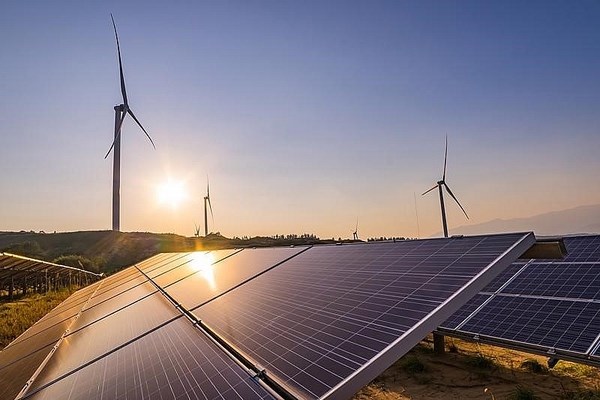Measures sought to encourage installation of roof-top power systems
Deputy Prime Minister Tran Hong Ha recently held a working session with representatives from the Ministry of Industry and Trade (MoIT), the Vietnam Electricity (EVN) and a number of relevant ministries and agencies on policies to increase the installation of roof-top solar power systems in the community.
-
 ASEAN, China strengthen joint efforts to combat cross-border cybercrime
ASEAN, China strengthen joint efforts to combat cross-border cybercrime
- Consolidating and promoting the strength of national solidarity
- First kidney transplants from brain-dead donor performed in Mekong Delta
- HCM City to break ground on 1.8-billion-USD Metro Line 2 in early 2026
- Vietnam to pilot online tax declaration portal this month ahead of 2026 rollout
- For a plastic-waste-free environment
- Vietnam to develop a world-class Olympic sports urban area
- Removing site clearance 'bottleneck' to speed up key projects
- Vietnam’s drive to extinguish smoking by expanding smoke-free areas
- Environmental protection—from awareness to action



